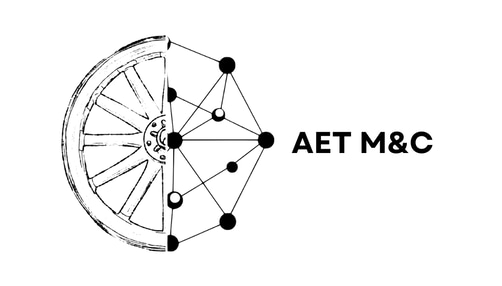Connectivity-as-a-Service (CaaS): Enabling Seamless Digital Experiences
As businesses increasingly adopt remote work, IoT, and AI-driven operations, the demand for scalable and secure connectivity will continue to grow. CaaS is set to play a crucial role in enabling digital transformation by providing efficient, automated, and intelligent network solutions.
1 min read


What is Connectivity-as-a-Service (CaaS)?
Connectivity-as-a-Service (CaaS) is a cloud-based model that provides on-demand, scalable, and secure network connectivity to businesses and individuals. Instead of relying on traditional infrastructure, CaaS leverages software-defined networking (SDN), edge computing, and AI-driven automation to offer flexible and cost-effective connectivity solutions.
How Does CaaS Work?
CaaS enables users to access network services dynamically through a cloud platform. It allows organizations to:
Scale bandwidth and network resources based on demand.
Automate network management with AI and machine learning.
Enhance security through encrypted, software-defined perimeters.
Reduce costs by eliminating the need for extensive on-premise infrastructure.
Benefits of CaaS
CaaS offers several advantages for businesses and users:
Flexibility: Scalable network solutions that adapt to changing needs.
Cost Efficiency: Pay-as-you-go pricing eliminates high infrastructure costs.
Security: Advanced encryption and AI-driven monitoring enhance cybersecurity.
Global Reach: Seamless connectivity across different locations and devices.
Challenges of CaaS
Despite its advantages, CaaS faces challenges such as:
Regulatory Compliance: Meeting data protection and privacy laws.
Integration Complexity: Ensuring compatibility with existing IT infrastructure.
Reliability Concerns: Dependence on cloud providers for uptime and performance.
The Future of CaaS
As businesses increasingly adopt remote work, IoT, and AI-driven operations, the demand for scalable and secure connectivity will continue to grow. CaaS is set to play a crucial role in enabling digital transformation by providing efficient, automated, and intelligent network solutions.
In summary, Connectivity-as-a-Service is revolutionizing how we access and manage networks, paving the way for a more connected and efficient digital future.


